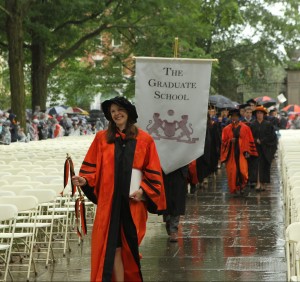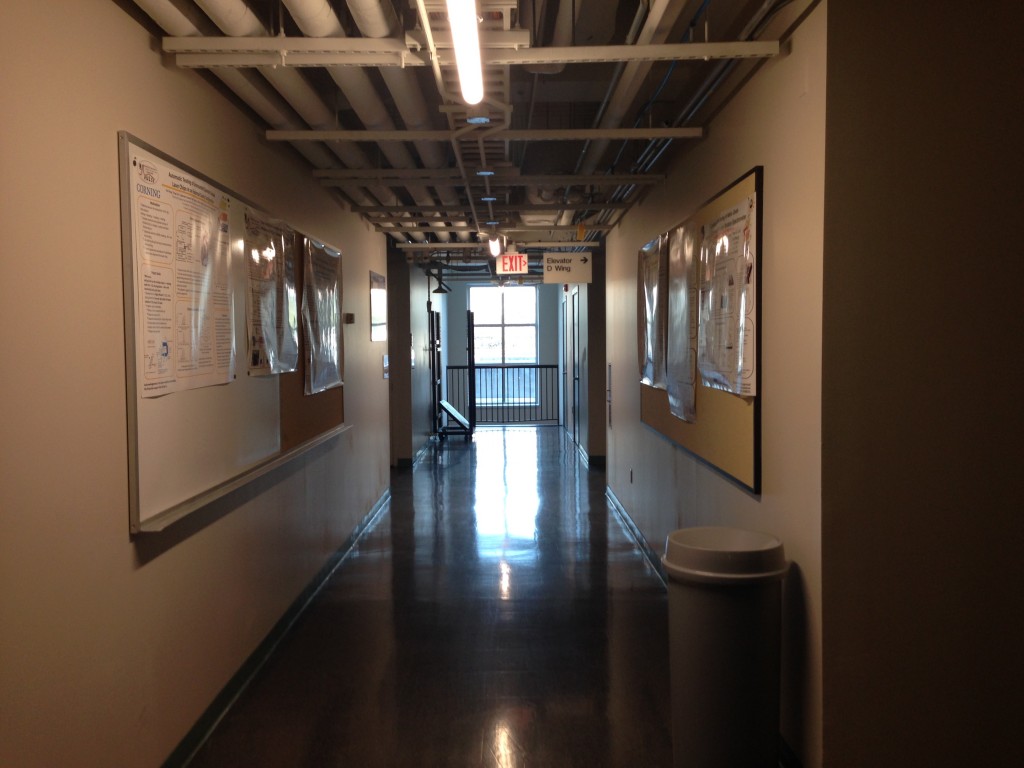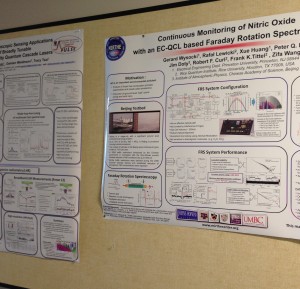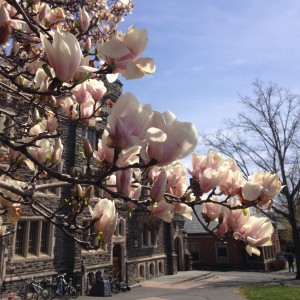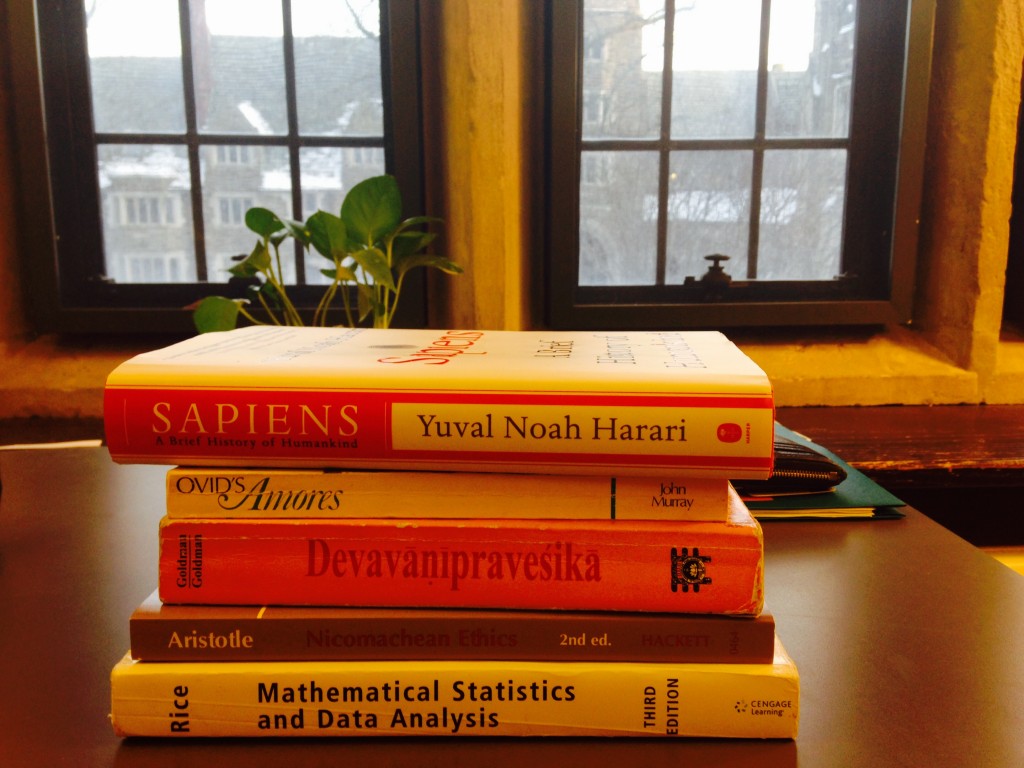The doodles appear everywhere: on whiteboards, on lab notebooks, even on the autoclave tape. Impeccably shaded line drawings of a-helices, the protein structure nearly everyone in the lab works with. The “culprit”? Ann, the senior grad student in our lab. Her artistic skill is rare, or at least perceived as rare, in science. Rare enough that Grant, one of the post-docs in the lab, complains, besides a few exceptions, science is “full of nerds”, by which he means those without any creativity or broad interest. And that rarity is a shame, because science needs creativity. This isn’t just about a desire for amusing doodles, it’s about building a scientific community full of clear, intuitive thinkers who can communicate their discoveries.

Once upon a time, the protein-chemistry lore goes, everyone needed some artistic flair. Indeed, Jane Richardson, under whom my thesis adviser did his postdoc, is known as much for her artistic skill – hand-drawing so many diagrams of proteins in her field-defining papers that modern visualization software still largely uses the conventions she developed – as for her considerable scientific talent.
Now, due to that same software, and other software for visualizing other sorts of data, rapid and clean images of nearly any process, relationship, or other data are merely a few lines of code away. But when the graphics are automatically created with software, rather than by-hand, something is lost. It’s all-too easy to let visualization software become a crutch by presenting colorful pictures without paying mind to the aesthetic or narrative considerations of the medium. Continue reading Doodling in the Lab


